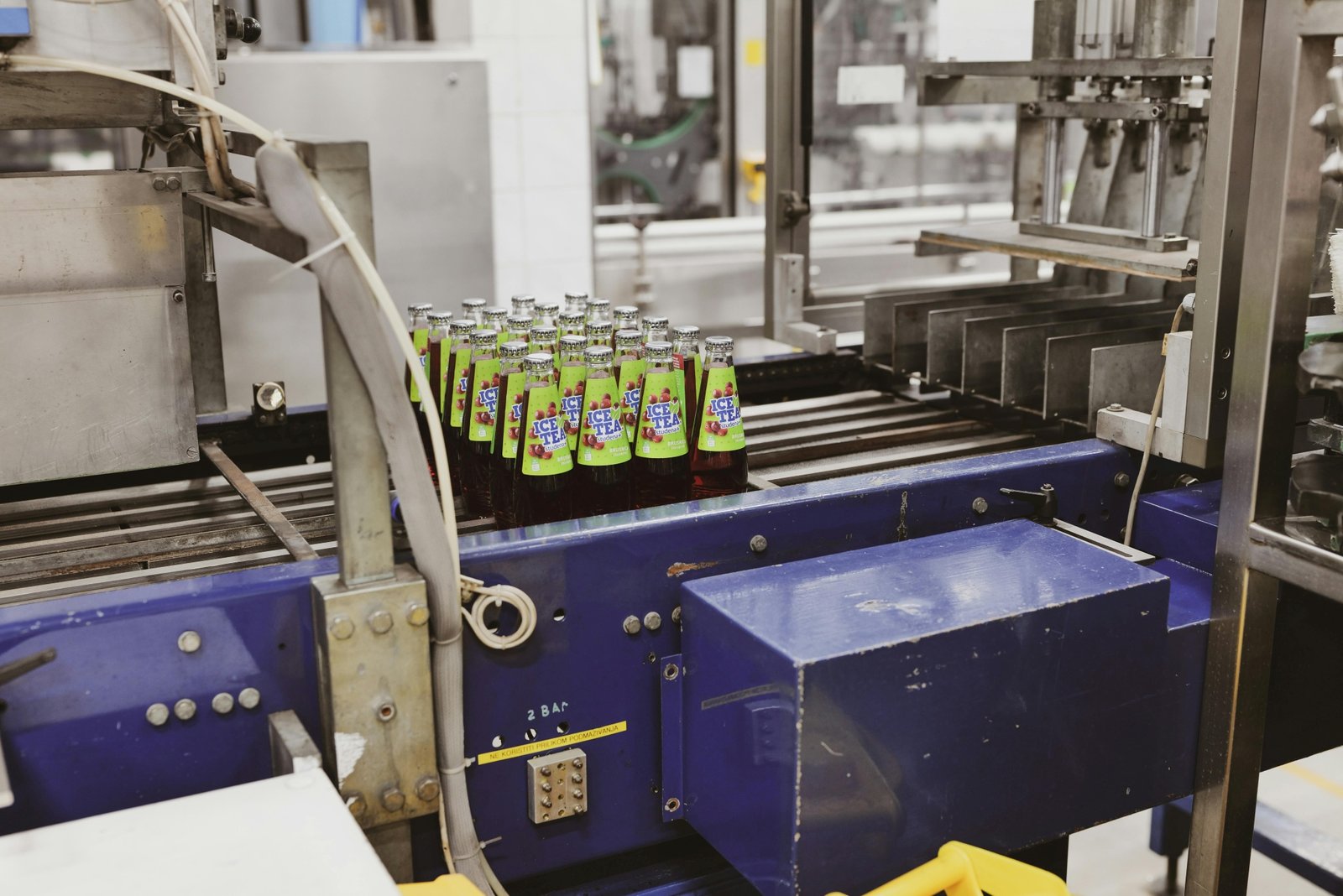What Are the Most Common HACCP Mistakes in Small Food Businesses?
Implementing HACCP (Hazard Analysis and Critical Control Points) is essential for ensuring food safety, especially in small food businesses. However, many small companies struggle to maintain HACCP correctly, leading to non-compliance, food recalls, or customer complaints.
Here are the most common HACCP mistakes that small food businesses should avoid — and how to fix them.
❌ 1. Incomplete Hazard Analysis
-
Only focusing on biological hazards (e.g., bacteria)
-
Ignoring chemical and physical hazards (e.g., allergens, metal shards)
-
Failing to assess each step in the process flow
-
Not updating hazard analysis after menu or product changes
❌ 2. Missing or Poorly Defined CCPs
-
No Critical Control Points (CCPs) identified at high-risk steps
-
Confusing control points with CCPs
-
Not validating whether a CCP truly prevents, eliminates, or reduces a hazard
-
Skipping CCPs in high-risk processes (e.g., cooking, chilling, metal detection)
❌ 3. Inadequate Monitoring Procedures
-
No written procedures for how and when to monitor
-
Inconsistent or incomplete records
-
Relying on memory instead of data logging
-
Monitoring done by untrained or unqualified staff
❌ 4. Lack of Corrective Actions
-
No defined plan for what to do if limits are not met
-
Taking action after the product is already sold
-
Staff unsure of who is responsible for decision-making
-
No documentation of corrective steps taken
❌ 5. Poor Record-Keeping
-
Using loose papers or unverified digital logs
-
Skipping documentation for “routine” days
-
Failing to keep records for the required retention period
-
No signature or verification on forms
❌ 6. Not Reviewing or Verifying the Plan
-
HACCP plan not reviewed annually or after process changes
-
No verification activities (e.g., internal audits, product testing)
-
Overlooking trend analysis of CCP data
-
Not involving management or the HACCP team in reviews
❌ 7. Inadequate Staff Training
-
Employees unaware of HACCP principles or their roles
-
No refresher training or onboarding for new staff
-
Training not customized to specific food handling tasks
-
No proof of training (e.g., attendance records, quiz results)
⚠️ Why These Mistakes Matter
-
Can lead to food safety failures or legal penalties
-
Damages your brand reputation and customer trust
-
Affects your chances of passing audits or getting certified (e.g., MESTI, GMP, ISO 22000)
-
May result in business closure after repeat violations
🧩 Final Thoughts
HACCP doesn’t have to be complicated — but it must be accurate, active, and consistently followed. Small food businesses often fall into these traps due to lack of time, training, or technical support.
Fixing these mistakes isn’t just about compliance — it’s about protecting your customers and growing your business safely.

Need help improving or reviewing your HACCP system?
Contact CAYS Scientific today — we support small food businesses in Malaysia with practical, hands-on HACCP solutions.



